01 October 2021
"Think of it as a fingerprint of an entire city or region."

Professor Carola-Bibiane Schönlieb talks to Austrian publication, Heureka, about matching blood tests, with mathematics!
In the interdisciplinary project she leads, BloudCounts!, artificial intelligence (AI)-based algorithms are being trained to detect pandemic-relevant patterns in the population in routine blood images.
A pilot study using data from Cambridge University Hospitals has shown promise. In June this year, the research team was awarded joint second prize at The Trinity Challenge's inaugural awards ceremony.
"Much of the data generated in the process is thrown away. AI-based mathematical methods open up the possibility of using it beneficially." For example, her research group can use it to map the condition of the blood of large populations.
"You can think of it as a fingerprint of an entire city or region," Schönlieb explains.
"Since we did studies on this before Corona, we were able to use such a fingerprint of the city of Cambridge from 2019 as a starting point for BloodCounts!" Microbiologist Nicholas Gleadall and mathematician Michael Roberts had the idea to study it in relation to Covid-19.
Fingerprint image: George Prentzas/Unsplash
















